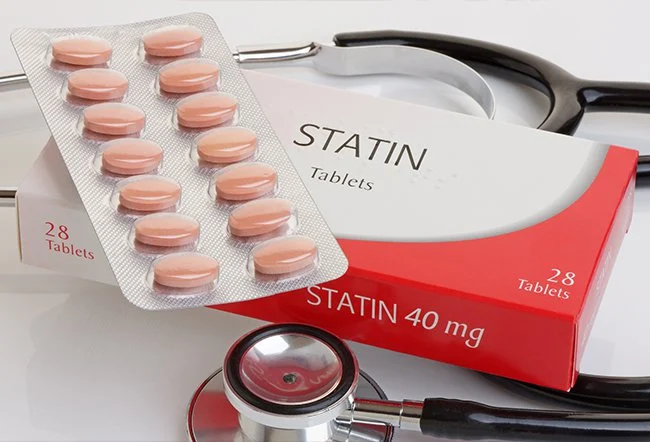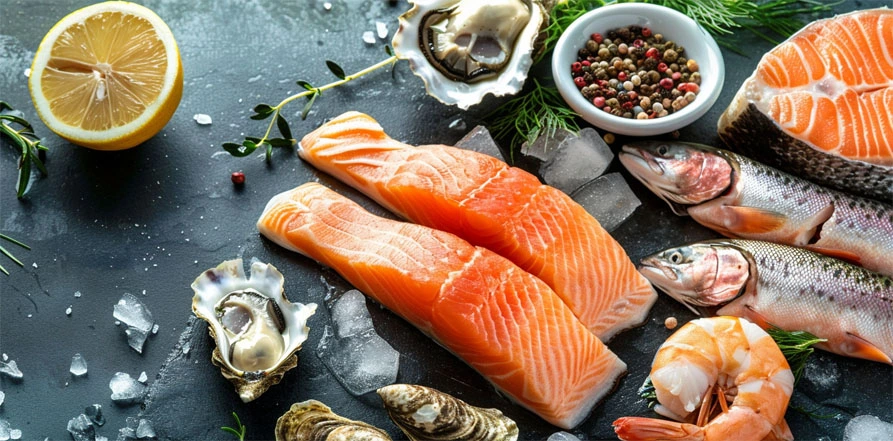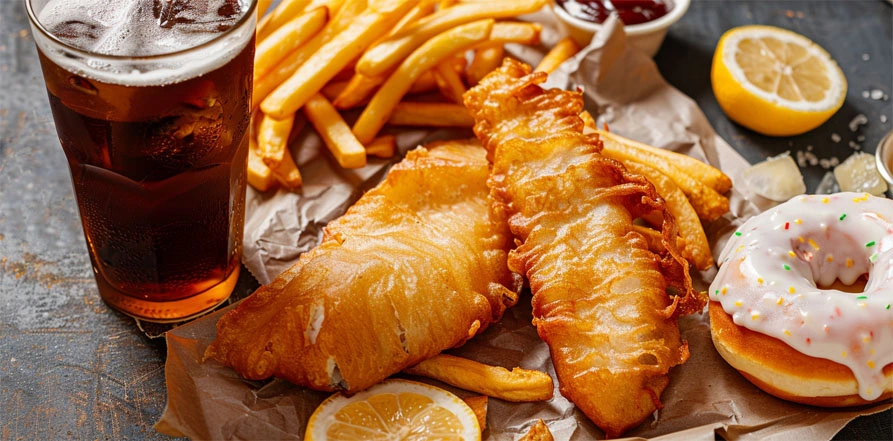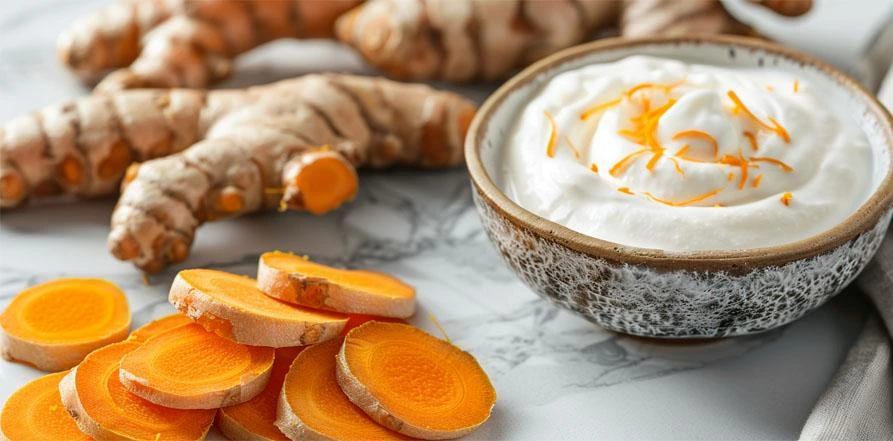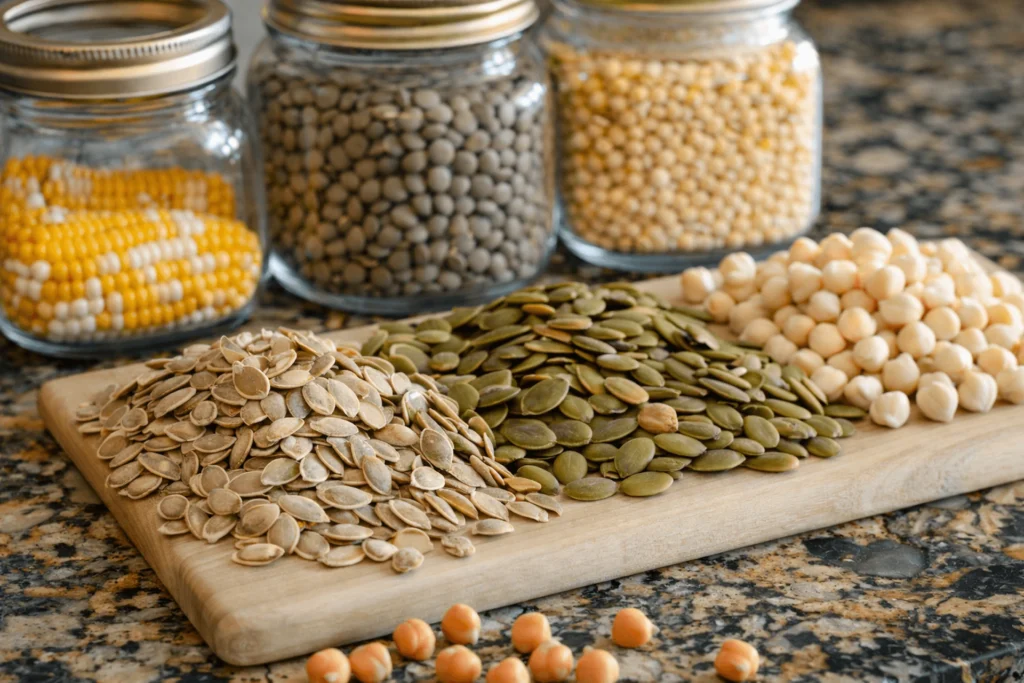Statins for Lowering Heart Disease: A Bogus Study Fuels False Claims
Do statins for lowering heart disease work? The headlines recently announced that low doses of statins reduce the risk of heart disease, while supplements do nothing.
For instance, a CNN headline from November 7 reads: “Don’t bother with dietary supplements for heart health, study says.”
ScienceBasedMedicine.org crows: “Study – For Lowering Cholesterol, Statins Work, Supplements Don’t.”
This blanket mainstream praise of statins for lowering heart disease comes from a new study: “Comparative Effects of Low-Dose Rosuvastatin, Placebo and Dietary Supplements on Lipids and Inflammatory Biomarkers.” The study was conducted by an impressive team of researchers from several esteemed institutions, including the Cleveland Clinic and the University of Pennsylvania.
Let’s take a closer look.
Statins for Lowering Heart Disease
The conventional thinking is that statins lower cholesterol and that this is beneficial in the treatment of heart disease. In fact, some patients are put on cholesterol-lowering statins when they have high cholesterol but no overt disease.
Heart disease kills more people worldwide than any other disease. So, statins have become the “miracle cure” for anyone that has the “bad” kind of cholesterol, known as LDL.
However, as Dr. Mark Hyman, M.D., and Dr. Aseem Malhotra, M.D., point out, it is highly problematic to evaluate a patient by their LDL cholesterol numbers alone.
And, as I have written about before, low cholesterol levels in patients do not necessarily translate into longer life spans.
In addition, statins “aren’t the saving grace they’ve been hailed as,” Hyman insists.
The side effects alone lead some 70 percent of patients to stop taking them. And, according to Hyman, studies show that patients who continue statins every day for five years gain only four extra days of life expectancy.
Study Claiming Statins for Lowering Heart Disease Better Than Supplements Badly Designed
There were 190 total participants in the study, which the media is using to vilify supplements and tout the use of statins for lowering heart disease,
Anyone who regularly reads and analyzes peer-reviewed science will see, right off the bat, that this is a very small sample size, especially given that the study participants were divided into eight groups.
These participants were randomized into receiving 5 mg daily of either rosuvastatin, a placebo, fish oil, cinnamon, garlic, turmeric, plant sterols, or red yeast rice.

The primary endpoint was the percent change in LDL-C from baseline for rosuvastatin 5 mg daily compared with placebo and each supplement after 28 days.
The authors concluded; “The difference in LDL-C reduction with rosuvastatin compared with the placebo was -35.2% (95% confidence interval, -41.3 to -29.1, p <0.001) and that none of the dietary supplements demonstrated a significant decrease in LDL-C compared with placebo.”[1] [my emphasis.]
The authors of the study make a leap. They further extrapolate the results to suggest that this outcome means that statins are exclusively effective for lowering heart disease and mortality, period, whereas supplements are not.
Many Design Flaws in the Study Itself
This study, which was conducted at Cleveland Clinic, lasted just 28 days. The participants began with a range of total cholesterol levels, averaging 206.5 mg/dL, which is a very low level of cholesterol, to begin with. Those taking statins found a reduction of 35.2% in LDL cholesterol. I have no idea why any patient with cholesterol levels under 200 would want to lower their cholesterol by 35% in the first place.
In addition, the study was poorly designed:
- 28 days is not a long enough window to get meaningful results
- 190 participants divided into 8 groups is such a small N that it makes any sweeping conclusions questionable
- “Supplements” used in the study were not assessed for quality and were not chosen judiciously
Yet, based on this bogus research, the internet is now teeming with praise for statins—drugs that have a variety of negative health consequences, both short and long-term.
“Statins are the most effective heart attack and stroke prevention drugs that we have really ever seen,” Dr. Michael Honigberg, M.D., a cardiologist at Massachusetts General Hospital who was not affiliated with the study, told NPR. Honigberg said he was “not surprised to see that the supplements were not as effective.”[2]
Quality Matters
Let’s take a look into quality control with regard to the specific brands chosen for the study.
ConsumerLab, a quality control review company, believes that the choice of some low-quality or inappropriate products, as well as how they were given, negatively skewed the results. Indeed, 3 of the 5 products failed to pass recent ConsumerLab reviews. It’s almost as if the scientists deliberately chose low-quality supplements for their study.
ConsumerLab wrote a rebuttal of the five products chosen. In fact, several of the supplements used in the study failed quality testing.
More specifically:
- Arazo Nutritionred yeast rice 2,400 mg—Failed 2020 testing. It contained no detectable statin compounds normally found in red yeast rice. These are known to lower cholesterol. In contrast, CL’s Top Pick for red yeast rice contained 7.5 mg of lovastatin per 2-pill (1,200 mg) dose, taken twice daily.
- Nature Made fish oil 2,400 mg—Not tested by CL. However, this is not a highly concentrated fish oil. Only highly concentrated fish oil, at high doses, has been shown to lower triglycerides. Highly concentrated fish oil supplements, identified by CL, would be much more likely to have reduced triglycerides.
- Nutriflair cinnamon 2,400 mg—Nutriflair does not appear to sell a “2,400 mg” cinnamon product. However, its 1,200 mg Ceylon cinnamon failed CL testing in 2020.
- Most of the research on cinnamon, has been conducted with Cinnamon cassia, and not Ceylon. So, the researchers used the wrong type of cinnamon in the study. Cinnamon cassia has been found to improve fasting blood glucose (FBG).[3] In another cinnamon study FBG improved, along with “significant decrease in plasma C-peptide, serum triglyceride, total cholesterol, and blood urea nitrogen levels while serum high-density lipoprotein (HDL)-cholesterol levels were significantly increased”[4] (HDL is known as “good cholesterol”). “Cinnamon extract (CE) regulates glucose transporter and insulin-signaling gene expression, and this regulation could contribute to the potential health benefits of CE” (cinnamon extracts).[5] Cinnamon extracts are in vitro and in vivo insulin sensitizers.[6] In another study, an intake of 2g of cinnamon for 12 weeks significantly reduced the HbA1c.[7]
- Cinnamon is not known to lower cholesterol levels, but does appear to improve diabetes and to lower blood pressure. In a 2010 meta-analysis review study, cinnamon supplementation significantly decreased blood pressure of patients with type 2 diabetes.[8]
- Garlique garlic with 5,000 mcg of allicin—Failed CL review in 2020 for insufficient label information. Garlic, we know, may slightly reduce total cholesterol by reducing and triglycerides. Even in such a poorly done study, the garlic group showed a small decrease in triglycerides, but this was not significant, while rosuvastatin showed a much larger, significant reduction in triglycerides. Garlic is not known to lower LDL cholesterol but, concerningly, the study showed a 7.8% increase in LDL in the garlic group compared to placebo and this was statistically significant.
- BioSchwartz turmeric curcumin with bioperine 4,500 mg—BioSchwartz does not seem to sell a 4,500 mg product. However, its 1,500 mg product failed the 2020 CL testing. Whether turmeric and curcumin can lower cholesterol is still an open question.
- Nature Made CholestOff Plus with 1,600 mg of plant sterols—No problems have been found with the quality of this product, tested in 2020. However, to be effective, CholestOff Plus must be taken with meals. Were the study participants given this important instruction? There is no indication in the write-up that they were.
According to ConsumerLab:
“If better quality and more appropriate products had been used in the study and/or given correctly, greater benefits may have been reported.”
Natural Medicine Need Not Replace Pharmaceuticals
Natural medicine is not intended to mimic or replace pharmaceutical medicine. Rather, natural medicine works harmoniously with the Life Force.
It does so in a pleiotropic (multitasking) manner. In the same way, one gene can affect many traits, natural medicine can affect many body systems.
When done right, using natural medicine results in gentle improvements both to global health and specific “good” or “bad” health markers found when testing.
An Interconnected Network
Natural medicine recognizes the body as an interconnected network that involves molecular, cellular, and organ systems.
True healers understand that the spirit, mind, and body are all connected and that we can, at the same time, support specific pathways in the body, such as lipid metabolism. The main goal is always to build robustness and improve autoregulation and auto-organization.
This bogus study that claims statins for lowering heart disease are more effective than supplements, is shoddy science. In fact, it reads more like an advertisement for the pharmaceutical industry than anything else.
A Powerful Industry
There is a powerful industry behind the suppression of the benefits of natural medicine. This industry wants to brainwash patients into believing that the only thing we can do for our health is to succumb to modern medicine to save our lives.
This industry is a machine, which includes big players working together such as pharmaceutical companies, the medical system, and unfortunately, even our government health agencies; and they have the media behind them as well.
They want the American people to depend on an array of drugs, vaccines, and invasive

screenings for our well-being. They want to suppress or twist the good news that you have a choice and that dietary, lifestyle, botanical, and nutritional medicine—together with spiritual support—can lead to a healthier, happy life. That doesn’t mean saying no to modern medicine or new drugs, but rather using them sensibly to support true health.
“The greatest medicine of all is teaching people how not to need it. Everyone has a doctor in him or her; we just have to help it in its work. The natural healing force within each one of us is the greatest force in getting well. Our food should be our medicine. Our medicine should be our food. But to eat when you are sick, is to feed your sickness.” ~Hippocrates
About the Author:
Donald R. Yance is the founder of the Mederi Center. A Clinical Master Herbalist and Certified Nutritionist, Donnie is renowned for his extraordinary knowledge and deep understanding of the healing properties of plants and nutrition, as well as of epigenetics, laboratory medicine, oncologic pathology, and molecular oncology. He is a professional member of the American Herbalists Guild, National Association of Nutrition Professionals, Academy of Integrative Health and Medicine, and the Society for Integrative Oncology.
[1] Laffin LJ, Bruemmer D, Garcia M, Brennan DM, McErlean E, Jacoby DS, Michos ED, Ridker PM, Wang TY, Watson KE, Hutchinson HG, Nissen SE. Comparative Effects of Low-Dose Rosuvastatin, Placebo and Dietary Supplements on Lipids and Inflammatory Biomarkers. J Am Coll Cardiol. 2022 Oct 19:S0735-1097(22)07125-X. doi: 10.1016/j.jacc.2022.10.013. Epub ahead of print. PMID: 36351465.
[2] https://www.npr.org/sections/health-shots/2022/11/06/1134094540/statins-vs-supplements-new-study-finds-one-is-vastly-superior-to-cut-cholesterol, Statins vs. supplements: New study finds one is ‘vastly superior’ to cut cholesterol, November 6, 2922
[3] Nahas R, Moher M. Complementary and alternative medicine for the treatment of type 2 diabetes. Can Fam Physician. 2009 Jun;55(6):591-6
[4] Ping H, Zhang G, Ren G. Antidiabetic effects of cinnamon oil in diabetic KK-A(y) mice. Food Chem Toxicol. 2010 Jun 1. [Epub ahead of print] [20] Cao H, Graves DJ,
[5] Anderson RA. Cinnamon extract regulates glucose transporter and insulin-signaling gene expression in mouse adipocytes. Phytomedicine. 2010 May 27.
[6] Qin, B., K. S. Panickar and R. A. Anderson. 2010. Cinnamon: potential role in the prevention of insulin resistance, metabolic syndrome, and type 2 diabetes. J Diabetes Sci Technol. 4, 3: 685-693
[7] Akilen, A. Tsiami, D. Devendra, N. Glycated haemoglobin and blood pressure-lowering effect of cinnamon in multi-ethnic Type 2 diabetic patients in the UK: a randomized, placebocontrolled, double-blind clinical trial, Diabet. Med. 27, 1159–1167 (2010)
[8] Jamali N, Jalali M, Saffari-Chaleshtori J, Samare-Najaf M, Samareh A. Effect of cinnamon supplementation on blood pressure and anthropometric parameters in patients with type 2 diabetes: A systematic review and meta-analysis of clinical trials, Diabetes Metab Syndr. 2020 Jan 30;14(2):119-125. doi: 10.1016/j.dsx.2020.01.009.


